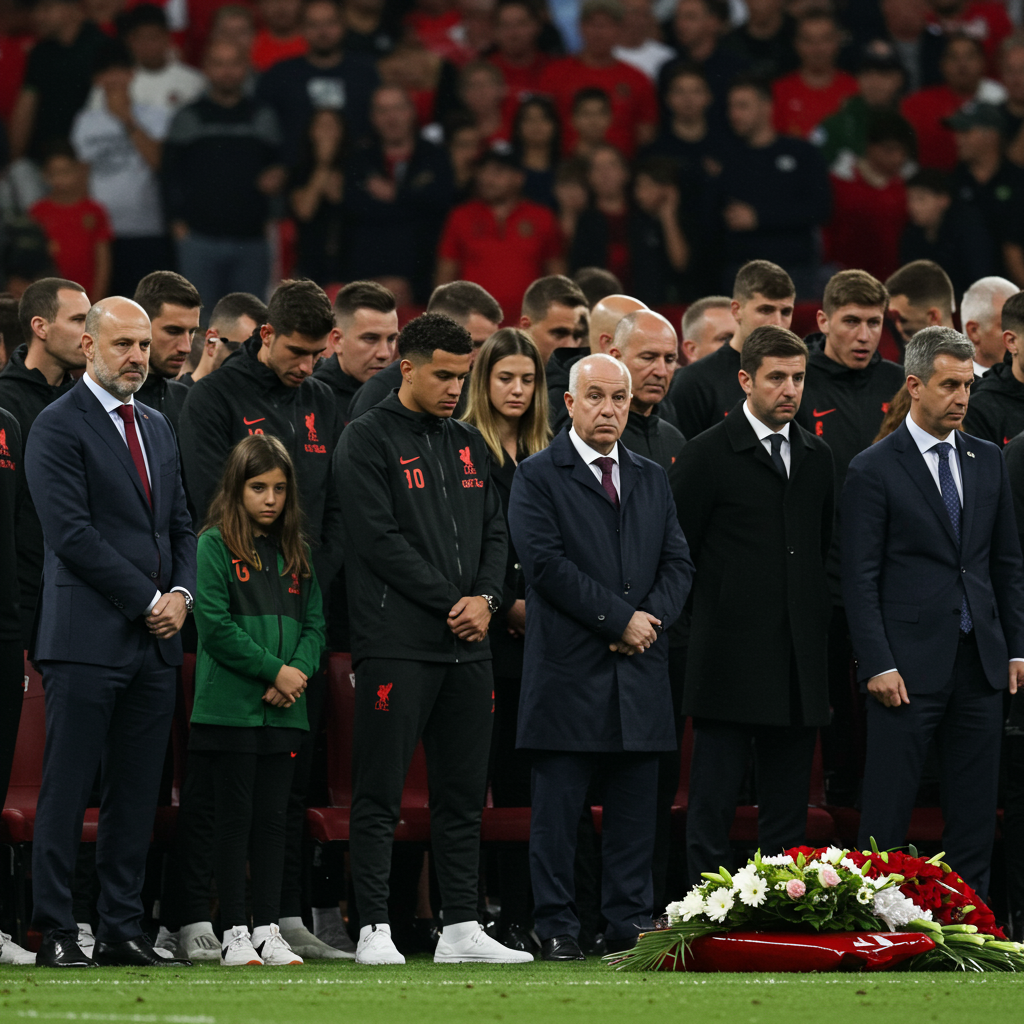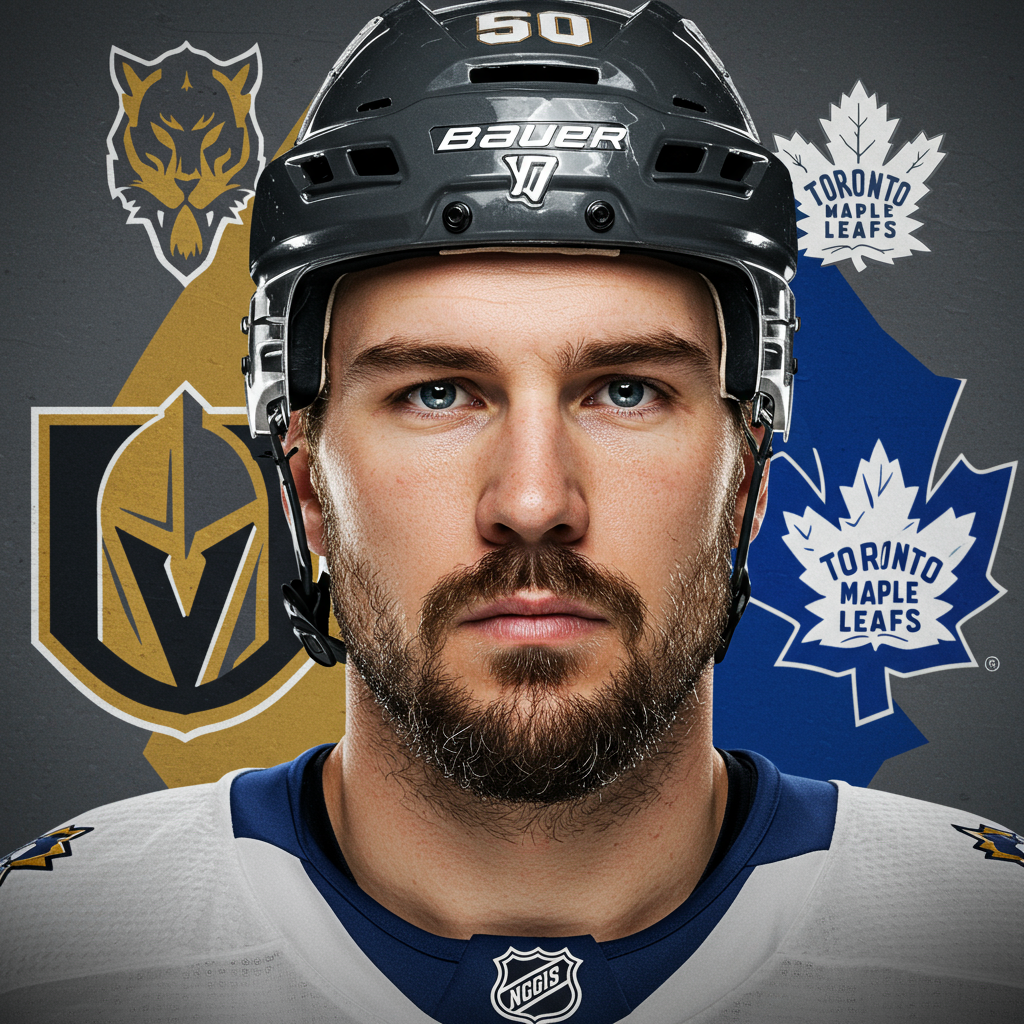Former President Donald Trump has reignited a contentious debate within professional sports, publicly demanding that the Washington Commanders and Cleveland Guardians revert to their former team names: the Redskins and Indians, respectively. This provocative call, made on Truth Social, faces immediate and firm rejection from both franchises. The teams emphasize their commitment to their current identities, signaling a clear divergence from Trump’s vision for their brands. This latest development underscores ongoing national discussions about cultural sensitivity, team branding, and the legacy of indigenous imagery in sports.
Trump’s Resurfaced Demands and Rationale
Donald Trump recently utilized his social media platform, Truth Social, to press for a dramatic reversal in the identities of two major American sports franchises. His July 20, 2025, post specifically targeted Washington’s football team and Cleveland’s baseball team. He passionately argued that “The Washington ‘Whatever’s’ should IMMEDIATELY change their name back to the Washington Redskins Football Team.” Trump further asserted a “big clamoring for this” among the public.
Similarly, he advocated for the Cleveland Indians, which he described as an original baseball team with a “storied past,” to reinstate their historic name. Trump controversially claimed that “Our great Indian people, in massive numbers, want this to happen,” stating that “Their heritage and prestige is systematically being taken away from them.” He concluded his appeal by declaring, “Times are different now than they were three or four years ago. We are a Country of passion and common sense. OWNERS, GET IT DONE!!!” This public statement marks a continuation of Trump’s consistent criticism of these name changes, which he previously labeled as “mistakes” driven by “politically correct” agendas.
The Commanders’ Unwavering Stance
The Washington Commanders, purchased by a group led by Josh Harris in 2023, quickly dismissed any notion of reverting to their former “Redskins” moniker. Harris has consistently maintained a “staunch stance” against such a change since acquiring the franchise from former owner Dan Snyder. Earlier this year, Harris explicitly quieted speculation about a return to the “Redskins” name, stating it simply “would not happen.” The ownership group is focused on building the team’s future around its current brand, which they believe has been “embraced by our team, by our culture, by our coaching staff.” The Commanders have even embraced elements of their past by recently unveiling alternate uniforms paying homage to their “Joe Gibbs glory years,” a period when they won three Super Bowls.
Adding pressure, Trump escalated his demands regarding the Commanders later on the same Sunday. He threatened to impede their ability to build a new stadium at the former RFK Stadium site in Washington D.C. if they did not abandon their “ridiculous moniker.” While Trump’s ability to unilaterally block a deal remains unclear, given that Congress controls D.C.’s budget and President Joe Biden signed a bill transferring the land to D.C. for the stadium, his threat highlights the political dimensions of the issue. A stadium deal has already been announced between the team and the District.
The Guardians’ Firm Commitment
The Cleveland Guardians have likewise expressed no intention of reverting to their previous “Indians” name. Chris Antonetti, the Guardians’ president of baseball operations, addressed the media before a recent game, indicating the team had no plans to revisit the name change. Antonetti acknowledged “different perspectives on the decision we made a few years ago,” but firmly stated it was a decision they made. He emphasized the team’s focus on its present and future, noting, “We’ve got the opportunity to build a brand as the Guardians over the last four years and are excited about the future that’s in front of us.” This statement clearly prioritizes the established “Guardians” identity over a return to past controversies.
Trump’s demand for the Guardians included an erroneous claim linking the team’s name change to the political losses of Matt Dolan, a former charity head for the Guardians, concluding with “MAKE INDIANS GREAT AGAIN (MIGA)!” However, Dolan has not been associated with the team since 2016, and his electoral defeats are unrelated to the name change decision.
The Genesis of Name Changes and Decades of Advocacy
Both Washington and Cleveland adopted their current names, Commanders and Guardians, for the 2022 seasons. These changes were the culmination of decades of advocacy from Native American groups and a broader national reckoning with racial justice and cultural sensitivity.
Washington dropped its “Redskins” name after the 2019 season. For two years, the team operated as the Washington Football Team before officially unveiling the Commanders name. Critics had long argued that “Redskins” was a derogatory slur offensive to Native Americans. Similarly, Cleveland announced its decision to drop the “Indians” name in December 2020, officially switching to the “Guardians” in July 2021. Prior to this, in 2018, the team had already phased out its controversial “Chief Wahoo” logo as its primary emblem, signaling a shift away from offensive imagery. These rebrands were part of a larger movement across various institutions to retire logos and names considered racist or culturally appropriative.
Native American Voices Counter Trump’s Claims
Crucially, Native American organizations have strongly refuted Trump’s claims of widespread support for reverting the names. The Association on American Indian Affairs (AAIA) sharply criticized Trump’s comments, labeling them a “distraction from the real harm this administration continues to inflict on Native Peoples.” The AAIA dismissed his statements as “empty gestures and political theater,” stating they lack “genuine respect for Native Nations.”
The AAIA explicitly clarified that the notion of broad Native Nation support for such names and mascots is false. They asserted that “hundreds, if not thousands of Native Nations, Native organizations, scholars and youth leaders have repeatedly and clearly expressed that Native ‘themed’ names and mascots are offensive and dehumanizing.” They argue that such imagery “reduce us to caricatures,” contributing to harmful stereotypes. A 2020 study from the University of Michigan and the University of California, Berkeley, further supported this perspective, finding that at least half of over 1,000 Native Americans surveyed were offended by the Washington team’s previous name.
Historical Context of Team Identities
The Cleveland baseball franchise, now the Guardians, has a rich and varied naming history. It joined the American League as one of its eight charter franchises in 1901, initially known as the Blues. The team briefly switched to the Bronchos in 1902 and then adopted the Naps from 1903 through 1914, honoring star player Nap Lajoie. The “Indians” name was adopted in 1915 and remained for over a century until the recent change.
Washington’s football team also has roots predating its D.C. tenure. It originated in Boston in 1933 as the Redskins before relocating to the nation’s capital four years later. The “Redskins” name was integral to the team’s identity for decades, becoming a deeply entrenched part of NFL history. Both team name changes generated significant debate, garnering both strong supporters and vocal critics during the national discussions.
A Shared Stake in Sports Ownership
Interestingly, a common thread links these two prominent sports franchises beyond their recent name change controversies. David Blitzer holds a minority stake in both organizations. He is a member of Josh Harris’s ownership group with the Commanders and also possesses a minority interest in the Guardians. This shared ownership connection highlights the intertwined nature of professional sports investments.
Looking Ahead: The Future of Team Brands
Despite Donald Trump’s high-profile demands, both the Washington Commanders and the Cleveland Guardians remain resolute in their commitment to their current names. Team leadership for both franchises has consistently prioritized building new brands and fostering forward-looking identities, rather than revisiting past controversies. Their decisions reflect a broader trend in professional sports towards greater cultural sensitivity and a recognition of the lasting impact team names and mascots can have on communities. As discussions around sports, culture, and social responsibility continue to evolve, the firm stances of the Commanders and Guardians represent a significant chapter in this ongoing narrative.
Frequently Asked Questions
Why did the Washington Commanders and Cleveland Guardians change their team names?
Both the Washington Commanders (formerly Redskins) and Cleveland Guardians (formerly Indians) changed their names due to decades of advocacy from Native American groups and a broader national movement towards cultural sensitivity. The former names were widely considered offensive and derogatory, with studies indicating that a significant portion of Native Americans found them so. These changes, which occurred between 2020 and 2022, aimed to eliminate racial caricatures and harmful stereotypes associated with indigenous peoples in sports branding.
What are the latest developments regarding the Washington Commanders’ new stadium plans?
The Washington Commanders are pursuing a new stadium at the site of the old RFK Stadium in Washington D.C. A deal between the team and the District of Columbia government has been announced. While former President Trump recently threatened to impede this deal if the team doesn’t revert to the “Redskins” name, his direct influence is questionable. President Joe Biden already signed a bill transferring federal land jurisdiction to D.C. for the stadium, and the D.C. City Council is currently debating the $3.7 billion proposal.
Do Native American groups support the return of the ‘Redskins’ and ‘Indians’ team names?
No, major Native American organizations and scholars overwhelmingly oppose the return of the “Redskins” and “Indians” team names. Groups like the Association on American Indian Affairs (AAIA) have explicitly stated that the idea of widespread Native American support for these names is false. They argue that such “Native ‘themed’ names and mascots” are offensive, dehumanizing, and reduce indigenous peoples to caricatures, despite claims made by figures like Donald Trump.


